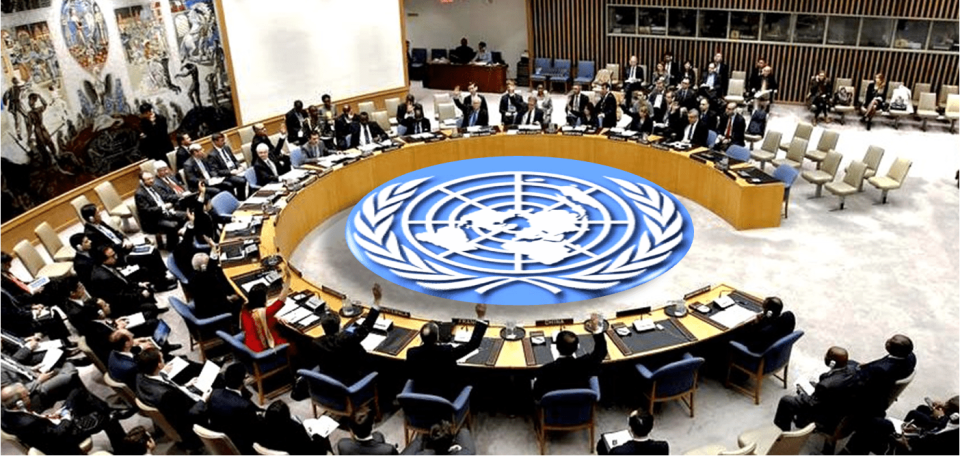By Riad Beladi
The UN Security Council election results for 2024-2025 were announced on Tuesday, with Algeria, Sierra Leone, Guyana, and South Korea winning uncontested seats. Meanwhile, Slovenia emerged victorious in a closely contested race against Belarus for the only seat with competition.
Comprising 15 members, including five permanent members (United States, Russia, China, France, and the United Kingdom), the UN Security Council also includes ten countries elected for two-year terms. Half of these seats are renewed each year, with geographical distribution rules in place.
During the secret ballot vote in the General Assembly, Slovenia secured 153 votes, surpassing Belarus’s 38 votes in the race for the Eastern European seat.
Louis Charbonneau from Human Rights Watch expressed the significance of competitive UN elections, stating, “Today’s vote in the General Assembly shows why a competition for UN elections is essential.” Charbonneau added that UN member states had clearly deemed Belarus unfit for the Security Council due to its severe human rights violations at home and its attempts to cover up Russian atrocities in Ukraine. The Security Council plays a crucial role in safeguarding human rights.
In the remaining four seats, which were uncontested, Algeria received 184 votes, South Korea obtained 180 votes, Sierra Leone secured 188 votes, and Guyana received 191 votes. These countries will replace Albania, Brazil, Gabon, Ghana, and the United Arab Emirates on January 1, 2024. They will join the five permanent members with veto power and the five countries elected last year: Ecuador, Japan, Malta, Mozambique, and Switzerland.
Expressing his joy, Sierra Leone’s Foreign Minister David Francis described it as a “great day” for his country, which has successfully transitioned from war to peace. Sierra Leone returns to the Security Council after 53 years, and Francis emphasized his firsthand understanding of the ravages of civil war and divided communities. He pledged to bring his experience to the Council and highlighted the United Nations’ capability in deploying significant peacekeeping and peace support operations.
For South Korea and Guyana, this marks their third term on the Council, while Algeria will serve for the fourth time.



